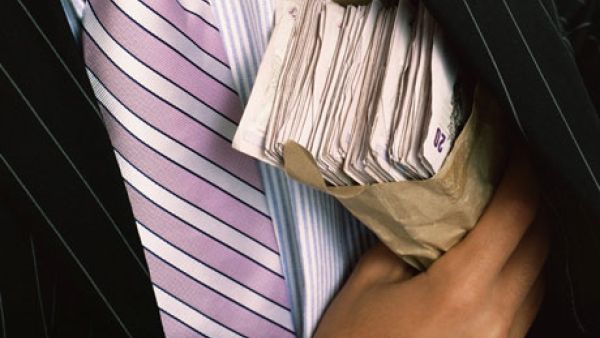There's something satisfying about a thick wad of bills. But carrying around large amounts of cash has its drawbacks. It can be impractical and risky. So what's the best way to go about your day to day transactions?
If you pay off your balance each month and have no fixed monthly or annual fees, your credit card is actually better than cash. Credit balances can become expensive if not paid off quickly, but using plastic is the most cost-effective and secure way to make any purchase. Nowadays, credit card providers provide protection against unauthorised use and have mechanisms set up to avert crime and prevent you from losing money.
Having a regularly paid line of credit history will also improve your chances of being granted a loan or mortgage in the future, and will reduce the interest rate you will be asked to pay on any further borrowing. An added benefit to using plastic over cash is that you will have a complete record of purchases on your monthly statement.
With regards to debit cards, they have few bonuses. The daily transaction limit is often a small value in order to prevent criminal losses, but this can also make large purchases very difficult.
Finally, we have cash. Perishable, cash offers no protection when stolen and it is impractical to keep large quantities on your person. It can also devalue through inflation. Exchanges for other currencies, withdrawals at home and abroad, can all lead to additional charges. Cash just disappears!
So what is the best way to make your daily transactions? First, don't carry excess cash. Discuss the appropriate levels of money to have in your wallet and your current account with your financial advisor. Keep enough money in your current account to cover your regular expenses for three to six months, just in case. As for cash, keep enough in your wallet or pocket for the things you expect to buy with cash that day. A large wad of notes is excessive for a short taxi ride and a sandwich.
Use your credit card for large or incidental purchases, but be sure to pay it off in full each month. Never make a transaction on credit that you cannot pay off in one go, and you will never suffer horrendous interest rates.
Get advice when choosing
a credit card or dealing with your accounts. Don't forget, bank staff are paid commissions for each
credit card they provide to a customer, so they tend to recommend you more expensive packages, which may not be suitable for you.








